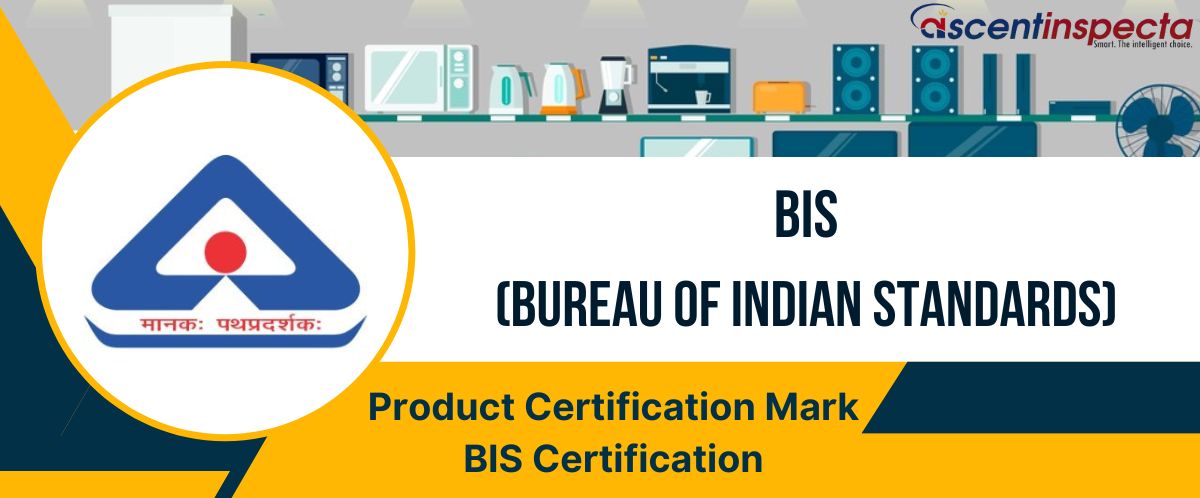
BIS marking refers to the certification mark issued by the Bureau of Indian Standards (BIS), a national standards body in India. BIS is responsible for developing and maintaining standards for various products and services to ensure their quality, safety, and reliability. The BIS marking is a way to indicate that a product conforms to the relevant Indian standards and has undergone testing and quality checks.
When a product carries the BIS certification mark, it signifies that the product meets the required standards and specifications set by BIS for that particular product category. This marking is often mandatory for certain products in India, particularly those that concern public health, safety, and environment.
BIS marking can apply to a wide range of products, including electronics, appliances, machinery, consumer goods, and more. To obtain the BIS certification mark, manufacturers need to submit their products for testing and evaluation at BIS-approved laboratories. If the product meets the necessary standards, BIS grants the manufacturer the permission to use the BIS certification mark on their product.
The BIS marking enhances consumer confidence by assuring them that the products they purchase meet quality and safety standards. It also helps in preventing the distribution and sale of substandard or unsafe products in the Indian market.
Specific regulations and requirements regarding BIS marking may change over time, so it's a good idea to contact Ascent Inspecta for the latest information available on Indian Standards or up-to-date information.
Click here to upload list of Product under BIS
BIS Certification FAQ
What is BIS certification? ↓
BIS (Bureau of Indian Standards) certification ensures the quality, safety, and reliability of products in India, making compliance mandatory for certain products.
Why is BIS certification required? ↓
It is required to ensure consumer safety, prevent substandard products, and comply with Indian regulatory standards for market entry.
Which products require mandatory BIS certification? ↓
Products like electrical appliances, electronics, cement, steel, chemicals, food items, and medical devices require mandatory BIS certification.
What are the types of BIS certification? ↓
BIS offers certification under various schemes, including the ISI Mark Certification, Compulsory Registration Scheme (CRS), and Foreign Manufacturers Certification Scheme (FMCS).
Who can apply for BIS certification? ↓
Manufacturers (domestic and foreign) of products covered under BIS standards can apply for certification. Traders or importers cannot obtain BIS certification unless they own a manufacturing unit.
How can a manufacturer apply for BIS certification? ↓
The manufacturer must submit an online application, undergo product testing at a BIS-approved lab, factory inspection, and compliance verification before certification is granted.
How long does it take to obtain BIS certification? ↓
The processing time varies based on the certification type but generally takes 30–90 days for domestic manufacturers and 4–6 months for foreign manufacturers.
What is the validity period of BIS certification? ↓
BIS certification is generally valid for one to two years and can be renewed based on continued compliance with BIS standards.
What are the penalties for selling non-BIS-certified products? ↓
Selling or importing mandatory BIS-certified products without certification may lead to penalties, product seizures, and legal actions under the BIS Act.
Can foreign manufacturers get BIS certification? ↓
Foreign manufacturers can obtain BIS certification under the Foreign Manufacturers Certification Scheme (FMCS), which requires appointing an authorized Indian representative.
Get in Touch! Ask us any question/query on +91-9867-180-395. We would be happy to answer your concerns. You can also drop an email at info@ascentinspecta.com

